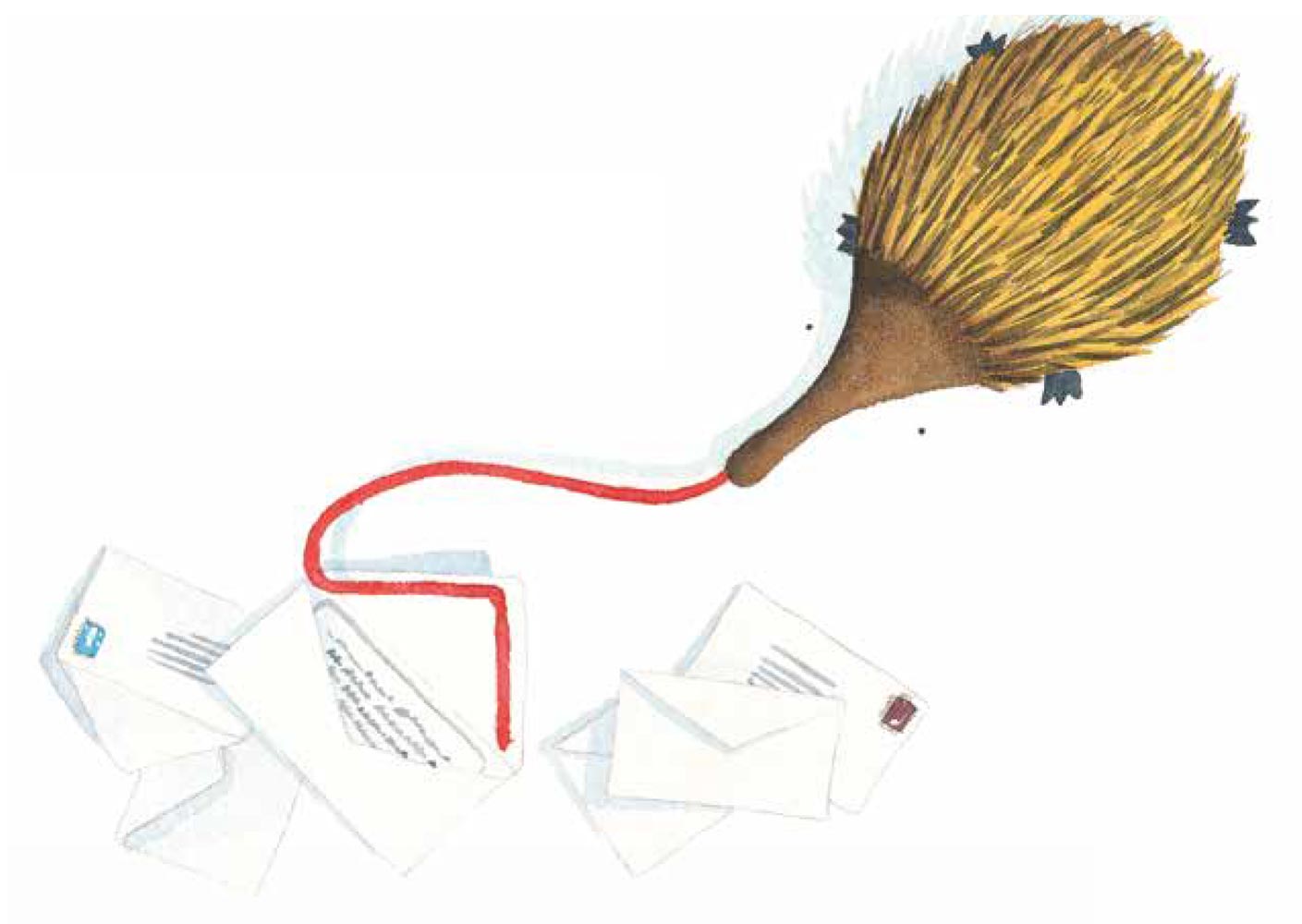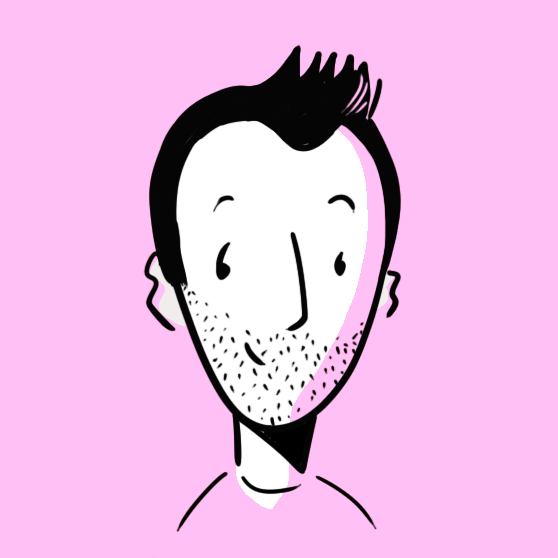It feels like an epiphany, but it’s quite simple – my day doesn’t have to start with checking email.
For some reason, checking emails in the morning became a habit as part of my day job. I’d get to work, boil the kettle, and make a cup of tea. Then I’d spend the first 30 minutes of everyday clearing the inbox.

There are a few problems with starting the day like this. The main one is that it puts my day firmly out of my control. What I thought I was doing in that first 30 minutes was making a plan for what I was going to achieve that day. And, as I don’t send emails to myself, what it means is that other people are filling my to-do list for me. Once this cycle begins, it means I continually put off the things I want to do or need to get done for me. It gives my time away to those who merely spend a few minutes sending me an email.
So, I stopped.
Yes, that’s right. I stopped checking emails in the morning. And, you know what? The world didn’t cave in. As it turns out, tasks I’m asked to complete when they’re sent to my inbox aren’t that important to the sender. Email seems to have become a way for other people to send me a note asking me to remind them about something they want to talk to me about.
That’s. Crazy.
I’m not some human reminder machine. So when I ignored these emails, what I found was that when they were important, or became urgent, then I’d get a phone call about them. If it’s that critical, then sure, I’ll prioritise it for you. Happy to. Otherwise, I’ve got my own tasks to worry about.
Make in the morning, Plan in the afternoon
Over the years, I’ve discovered that the best time for me to work on crunchy problems is in the morning. It’s when I’m at my most rested; this also means my most creative and imaginative. By starting the day with emails, a generally rudimentary, logical and tedious task, I was losing the opportunity for doing my best work every single day.
So, now I check my emails at the end of the day. It means that I build my to-do list for the next morning at the end of the day and can fill my head with tomorrow’s tasks in advance. My subconscious can already get to work solving tomorrow’s problems while I’m preparing dinner or having a shower. Then, when I wake in the morning, I hit the ground running on problems I’ve already been thinking about (and sometimes, already have the solutions for). I get more done and the quality of the work is far better. It makes everyone happy. Even those people who say they need something ‘urgently’ but they only think to ask for it via email.
It’s a small but profound habit change, for me, and for them. It works.
